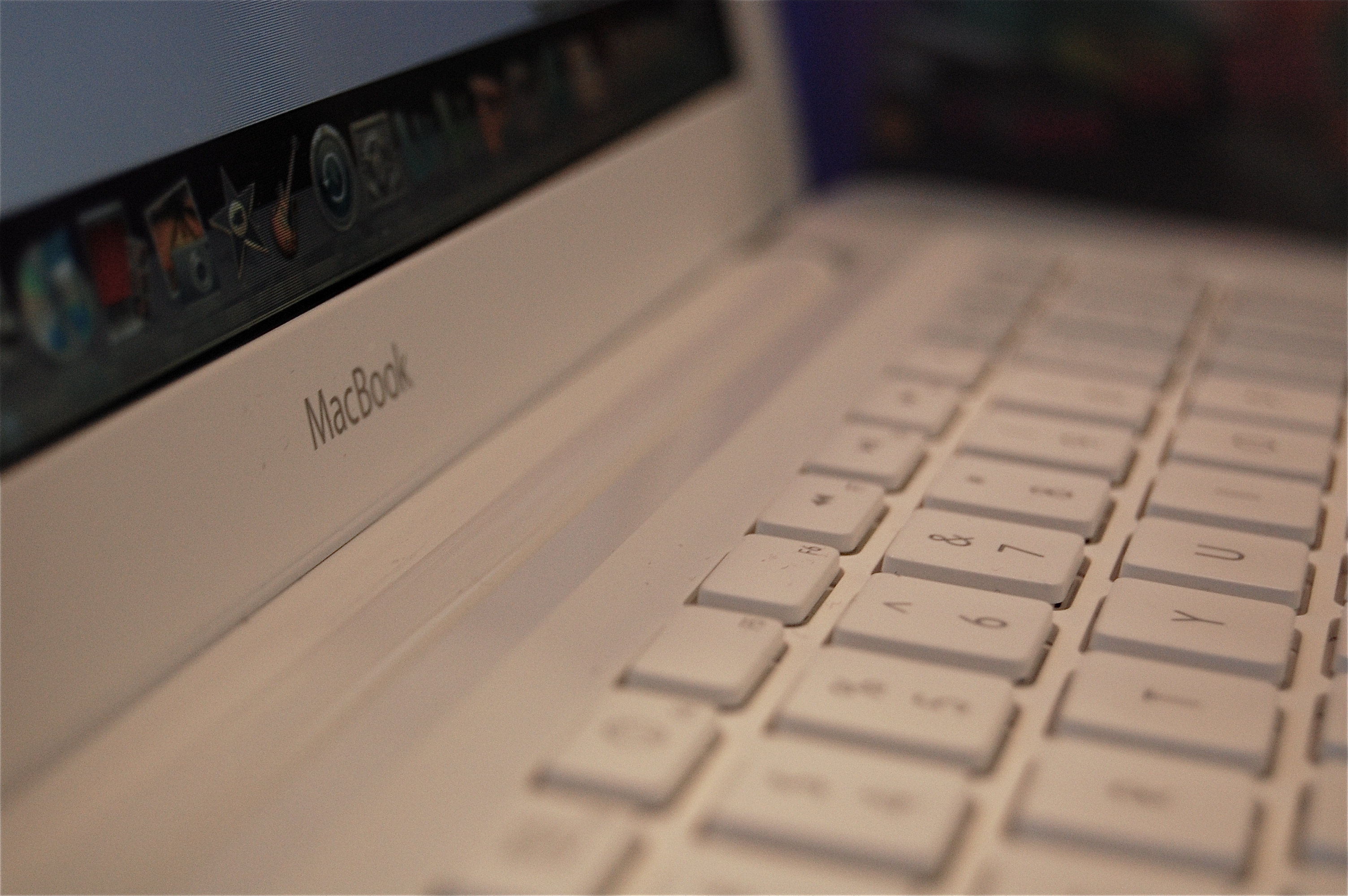The toy is dead.


The toy is dead.

Sometimes I worry that in a decade, China will have more freedoms than the United States. Case in point: The lunacy of raising felony charges against a guy for using a coffee shop’s open Wi-Fi connection […]

The impending release of Apple’s iPhone is good time for me to explain how the device led me to purchase another mobile—my first Nokia, the lovely N95.
When Apple announced the iPhone in January, I used the Samsung BlackJack, gotten mainly for the 3G Internet. But in the six weeks leading up to the iPhone announcement, I found that 3G wasn’t doing much for me. The reason, I think, was the Windows Mobile 5 software. There wasn’t much compelling there. In February, I ditched the BlackJack, returning to the boxy and thick Sony Ericsson S710a. I was thinking an iPhone might just be in my future, and the S710a was good prepartion, because of the size.

Earlier in the week, I blogged that my sister the missionary would be getting a MacBook. Today, she sent around an e-mail updating about her Guatemalan mission. She mentioned the laptop, which her husband likely will use.

On Monday, Apple graciously sent the newer U2 iPod, along with Aperture 1.1. My daughter called the original “Gothic punk“. Same applies to the newer version, for which I’ve got to adjust to the red-colored […]

Are we all really so busy, that “the act of canceling a meeting or dinner date can constitute the most precious gift one busy professional can bestow on another”. That’s apparently the way of the modern business world, according to story, “Pencil It In Under ‘Not Happening’“, appearing in tomorrow’s New York Times.
“In an overscheduled world, are there any words more lovely than, ‘Can we reschedule?'” writes Alex Williams. I won’t deny that some cancelled meetings are cause for celebration. The Times quotes psychiatrist Edward M. Hallowell: “With cellphones and BlackBerries, people are too reachable. We sign up for too much. So when fate intervenes, it’s better than found money. It’s found time“.

Graduates are hitting the job market and New York Times has a warning: Nothing public you post online is private, and potential employers are scouring your Facebook, MySpace or Xanga to see who you really are.

About a month ago, we switched out the Windows Media Center PC for a TiVo. Of course, what good is a TiVo without a TV to connect to? Quite good, it turns out. Rather than go back to a PC, we returned to a projector.
I shopped around before buying the projector, for which the sale of the Dell Media Center PC paid. Choice—and not the best, but appropriate for the family’s budget: Optoma MovieTime DV10. The picture quality isn’t nearly as wow as I expected, but the overall big-screen experience is more than good enough. No means is it perfect, but perfection we demand spending heaps more money. MovieTime sells for $999.

I can’t blame Intel for promoting Centrino, and I like the result: The chipmaker worked with Sperling’s Best Places to rank the top cities for teleworking (Whatever happened to calling it telecommuting?). Washington ranks #1.

The New Year started with my full-time return to Windows, so that I could test Windows Vista and Office 2007. This evening, after many days’ deliberations, I picked up a MacBook Pro from my local Apple Store. I will continue Windows Vista and Office 2007 testing, but no longer use Microsoft’s operating system on a full-time basis.
In typical fashion, I managed about two months on Windows before retreating back to the Mac. Reasons are same as always. My resolution to go back to Windows and stay there is a shambles. But that’s a good resolution to have broken.

During the last seven months, I’ve taken some mighty big steps backward—and I’m none too happy about it. In early August 2005, I started using Vonage voice over IP (VoIP) service, putting a tethered phone back in the house. More than two years earlier, I pulled the landline, and we became an all-mobile family. Three cell phones.
But following carrier consolidation, I no longer could affordably purchase enough minutes for work and home needs; hence, the VoIP service. I would have expected service providers to encourage people to go only-cellular. But, NO-o-o-o.

I get so steamed sometimes by some people’s rude behavior. My daughter and I stopped into the local 7-Eleven this morning for a quick burrito. While we were standing in line, this lady jabbering Spanish over a cell phone made a huge mess at the cappuccino machine (I use lower-case “c” because 7-Eleven Cappuccino isn’t).
She used the wrong size cup, which overflowed all over the machine and made a huge puddle of milky gunk on the floor. And she didn’t care! She continued talking on the cell phone!